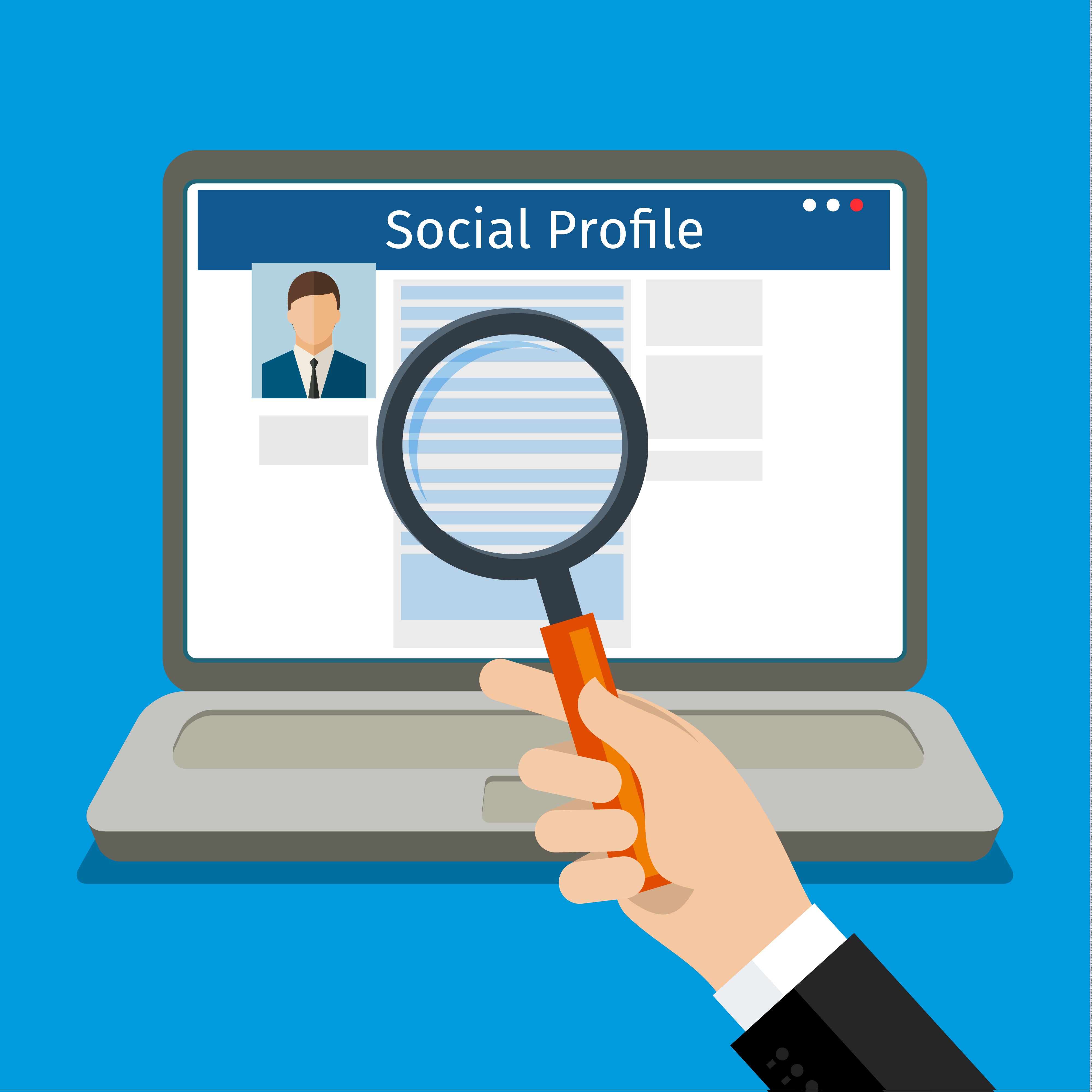Banner artwork by BRO.vector / Shutterstock.com
In the first two parts of this three-part series on Interpersonal Influence at Work, James Bellerjeau and Abigail Tan discussed the importance of personal branding and networking.
Now in the final installment of this three-part series, Bellerjeau and Tan come together to share their experience and observation of how people have activated their networks using their personal branding.
Importance of social media
Tan: We have all seen the effect of the economic downturn that happened last year resulting in reductions in force particularly in the tech industry. My LinkedIn feed was overwhelmed with post after post of people reaching out to their network. Colleagues were saying they are open to work and trying all ways and means to find a job after they have been laid off. Was yours the same, James?
Bellerjeau: Most definitely. People are more transparently tapping their networks to ask for job opportunities, recommendations, or even just a comment to expand the reach of their LinkedIn posts.
Tan: Apart from involuntary separation, I have had people within my network who reached out asking for referrals due to voluntary separation or simply to climb the ladder.
Bellerjeau: As have I, and I would then assess whether I would want to actually refer this individual. We cannot refer everyone who reaches out to us, and we shouldn’t either because our reputation is also at stake. If I do not know the individual well on a personal or professional level, I will look at their LinkedIn profile to figure out who they are and that is where their personal branding comes into play.

We cannot refer everyone who reaches out to us, and we shouldn't either because our reputation is also at stake.

It is important for individuals to maintain their personal brand and presence. (This also applies internally within the company as fellow colleagues could also be a good source of referrals if need be.) It is also essential to have a profile picture. What do you look out for?
Tan: I would definitely look at their personal brand to determine if they would be a good fit for an opening (if I am aware of one). I would also look at their connections — I am generally wary of profiles with fewer than 500 connections.
I am also cautious if a LinkedIn profile is largely empty and has little activity as it would be hard for me to gauge the kind of person they are and to determine whether they would be a good fit for the relevant opening. I’m sure that headhunters and hiring managers are looking at these factors when assessing a potential candidate’s profile.
In-person interaction
Bellerjeau: Exactly. I would add that personal connections are super important. Over decades of work, I have met many people in person, including at ACC events, and I keep a running list of who might be interested. Hence, it is important to attend in-person networking events because contacts can’t pass on your name if they don’t know you’re on the market.
Tan: Yes, and these in-person interactions are also a good source of information for us to ask for law firm recommendations and have substantive legal discourse. I met a contact at a networking event who was looking to start a business in a neighboring country.

As we were talking, I realized that he had not thought of certain data privacy issues so I recommended that he might want to speak to a data privacy expert in this neighboring country and I linked him up with the law firm after the event. And I knew of the data privacy expert because of a speaking engagement that I had attended previously. This shows the importance of personal branding and networking, connecting people together across different geographical lines.
Bellerjeau: That sounds simple enough, yet most people fail to recognize how many ways attending professional events can help luck to find you. It certainly increases the chances that you’ll be someone that people think of when opportunities, be they job openings or potential business opportunities, come up.
But, of course, it is important to do this authentically and to ensure that it is a genuine connection and not simply a transactional relationship because there is a dark side to this.
Tan: I couldn’t have said it better myself. When you are only looking at “taking,” the relationship becomes imbalanced. Instead, we should always ask ourselves — “How can I be of value to my network?”
Perhaps we could be super connectors, case in point of how I had connected a data privacy expert with a networking contact. It could be as simple as passing an opportunity along.
It is important to do this authentically and to ensure that it is a genuine connection and not simply a transactional relationship because there is a dark side to this.
Sharing knowledge and creativity
I also use networking sessions to share knowledge, i.e., I would like to know what the key legal trends in the tech industry are and how are legal teams growing in their efficiency, e.g., using legal operations to accelerate contract management.
Bellerjeau: It is also a good way for leaders to find out what is on employees’ minds by speaking to others in similar roles so that we can be better people managers. Informal settings are perfect for finding out what are the career aspirations of the younger generation and how would that fit into the current company’s business model.
Companies can use such opportunities to be genuinely interested in employees’ development. Likewise, it would be good for the junior staff to use networking opportunities to better understand what senior management is looking for, and the difficulties faced by senior management so that they can try to find ways to plug the gap.

Tan: I also believe in speaking to people from different walks of life as it encourages creative thinking and helps lawyers develop more creative solutions to current business difficulties. After all, in-house counsel can do so much more than just advising on the law. We are here to partner with the business.
Bellerjeau: To sum up, it behooves lawyers at every stage of their careers to understand how to maintain and broadly reach out to their network, depending on personal and professional circumstances.
It behooves lawyers at every stage of their careers to understand how to maintain and broadly reach out to their network.
This can be for job openings (be it reduction in force, voluntary separation, climbing the ladder), business opportunities, understanding employees’ motivations, and for employees to better understand senior management.
Tan: And to always do so in an authentic fashion.
We hope that you will be able to utilize this three-part series on Interpersonal Influence at Work, particularly in this digital age. Reach out to the authors with questions, comments, or if you just want to network!





